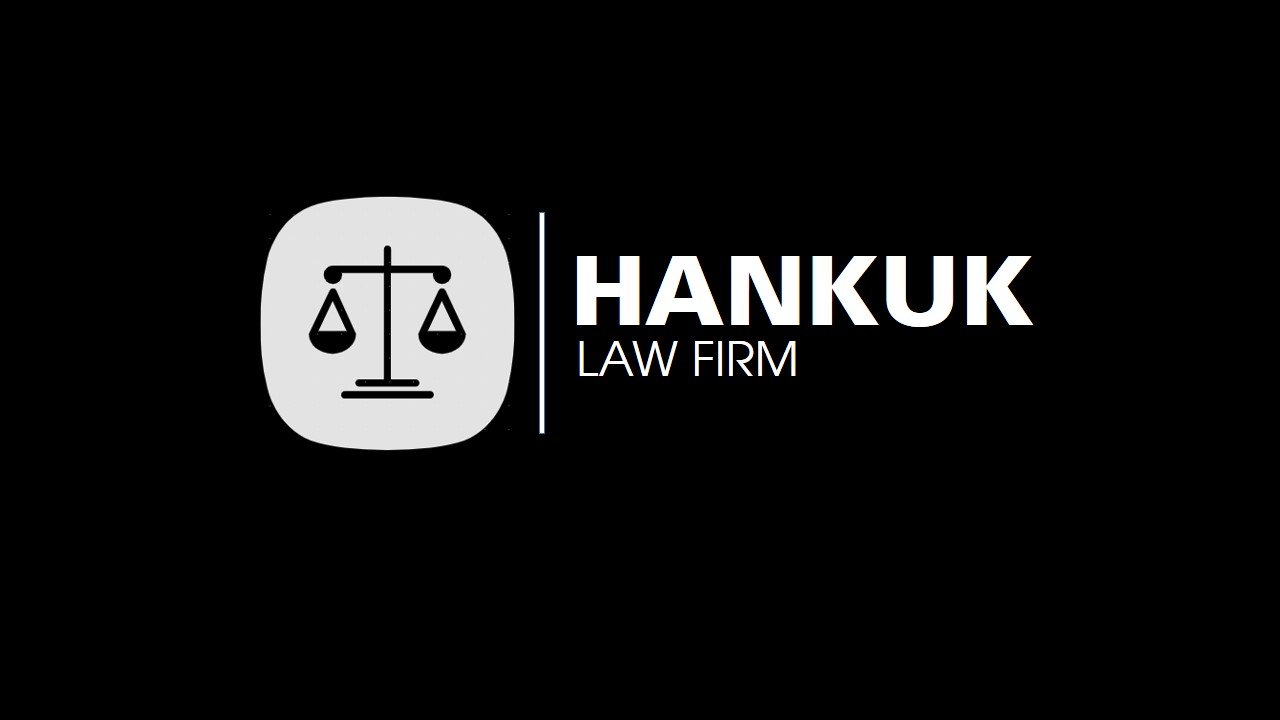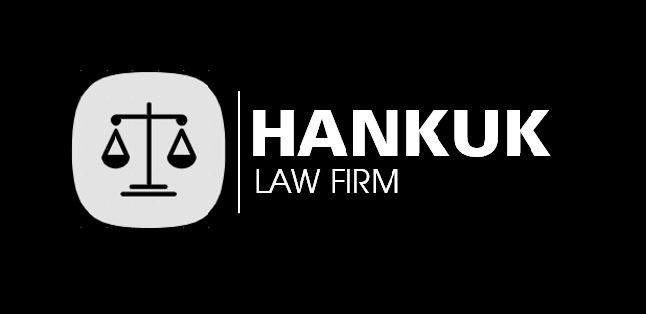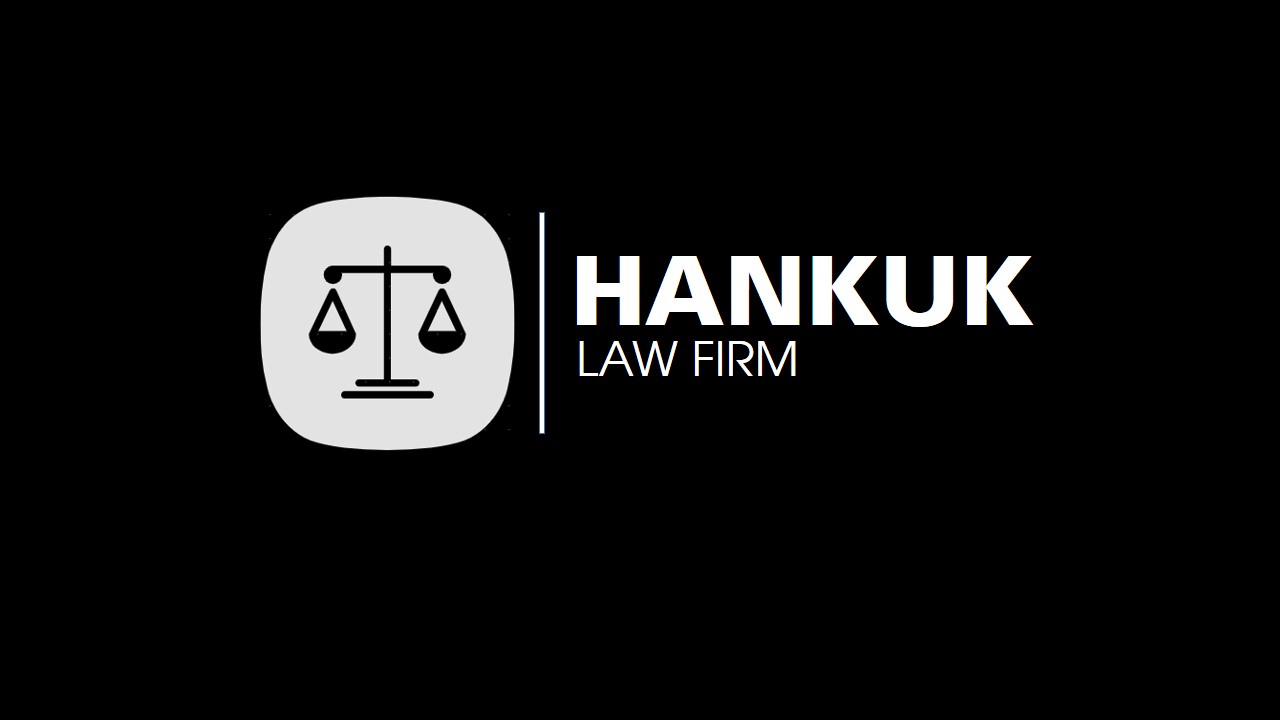WHAT IS EVIDENCE IN ADMINISTRATIVE CASE?
Contents
Legal basis:
- Law on Administrative Procedures 2015
1. What is evidence in an administrative case?
Pursuant to the 2015 Administrative Procedure Law, regulations on evidence in administrative cases are as follows:
“Evidence in an administrative case is real material that is submitted or presented to the Court by the litigants, other agencies, organizations or individuals during the proceedings or collected by the Court according to order. procedures prescribed by the Law that the Court uses as a basis to determine the objective facts of the case as well as determine whether the request or objection of the litigant is well-founded and legal.
2. Source of evidence
In administrative proceedings, litigants have the right and obligation to proactively collect and submit documents and evidence to the Court and prove that their request is well-founded and legal. This is an important procedural principle recognized in Article 9 of the 2015 Law on Administrative Procedures. Providing documents and evidence is both a right and, at the same time, an obligation of litigants in administrative proceedings. However, for evidence to be considered grounded and legal, the evidence must be collected from evidence sources prescribed by law.
Pursuant to the 2015 Law on Administrative Procedures, documents from the following sources are allowed to be used in administrative cases including:
- Readable, audible, visible documents, electronic data.
- Material evidence.
- Testimony of the litigant.
- Testimony of witnesses.
- Assessment conclusions.
- Minutes recording on-site appraisal results.
- Results of asset valuation and appraisal.
- Document confirming events and legal acts prepared by a competent person.
- Notarized and authenticated documents.
- Other sources as prescribed by law.
Thus, evidence must be collected from the above evidence sources to be allowed to be used in administrative cases
3. Identify evidence
According to regulations, for each type of evidence, evidence is considered legal if:
- Reading documents are considered evidence if they are originals or copies that are notarized, legally authenticated, or provided or certified by a competent agency or organization.
- Audible or visible documents are considered evidence if they are presented with a written statement from the document holder. there about the origin of the document if they record it themselves or a written confirmation from the person who provided the presenter with the origin of that document or a document about the incident related to the recording or video recording. there.
- Electronic data messages are expressed in the form of electronic data exchange, electronic documents, electronic mail, telegrams, telegrams, faxes and other similar forms according to the provisions of law on electronic transactions.
- Exhibits must be original artifacts related to the case.
- The testimony of the litigant and the testimony of the witness are considered evidence if recorded in writing, audio tape, audio disc, video tape, video disc, or other device that stores audio and video. photo according to regulations or oral testimony at trial.
- Expertise conclusions are considered evidence if the appraisal is conducted according to the procedures prescribed by law.
- Minutes of on-site appraisal results are considered evidence if the appraisal is conducted according to procedures prescribed by law.
- Asset valuation and appraisal results are considered evidence if the valuation and price appraisal are conducted according to procedures prescribed by law.
- Documents confirming events or legal acts prepared on the spot by competent persons are considered evidence if the preparation of documents confirming events or legal acts is carried out according to the procedures prescribed by law. .
- Other sources as prescribed by law are determined as evidence.
4. Conclusion
Evidence plays a particularly important role in resolving administrative cases, helping to ensure transparency, objectivity and fairness. The collection, examination and evaluation of evidence must comply with legal regulations, contributing to protecting the legitimate rights and interests of relevant parties and police.
5. About Us, Hankuk Law Firm

■ Hankuk Law Firm – Introduction
The goal of the legal services provided by HANKUK LAW FIRM is to support businesses, investors, and people. Our organization employs skilled Korean lawyers, partners, and professionals to provide legal services to businesses related to corporations and litigation.
To support the startup process, our lawyers and staff provide a wide range of services, including business law consulting, tax and immigration law consulting, real estate services, business consulting, marketing and communications, human resources, product distribution, franchise options, etc. We provide expert advice on every aspect of your business needs.
To protect the legitimate rights and interests of our clients and achieve the best results, we provide legal advice and participate in civil lawsuits related to business, labor, marriage, family, and inheritance.
■ Contact us now

For reliable and effective legal advice, please contact HANKUK LAW FIRM now. We are committed to providing you with the best possible answers and our team of experienced lawyers has extensive knowledge in many legal fields. We are always here to provide the most competent and dedicated support, whether you are dealing with contractual issues, commercial disputes or need guidance on foreign investment. HANKUK LAW FIRM is honored to have assisted hundreds of domestic and international clients in skillfully resolving complex legal issues as their trusted legal partner. Do not let legal issues hinder your success. Let us accompany you towards legal achievement and comfort. For prompt guidance and support to ensure your rights are always maintained at the highest standards, contact HANKUK LAW FIRM now.
■ Contact Hankuk Law Firm:
| Website: http://hankuklawfirm.com/en/
FB: https://www.facebook.com/hankuk.lawfirm Tiktok: https://www.tiktok.com/@hankuklawfirm Youtube: https://www.youtube.com/@hankuklawfirm6375 Email: info@hankuklawfirm.com SĐT: 0942.339.063 |
 |


